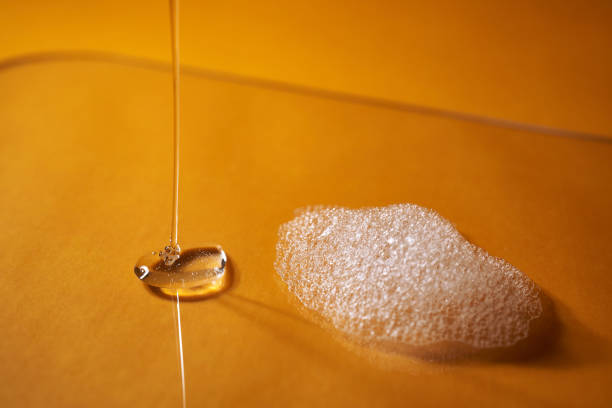Whether you’re a skincare novice or an experienced skincare enthusiast, it can be overwhelming. We agree that vitamin C and retinol are essential to your skincare regimen.
Two trusted products that offer a variety of benefits for your skin are retinol and skin-brightening Vitamin C. You may be wondering if you can use retinol with vitamin C.
Our Kate Somerville Skin Health experts have created a short guide explaining each product’s power and how to use it in your skincare routine for multiple skin-boosting effects.
What are the benefits of Vitamin C and Retinol for the skin
Vitamin C and retinol are both beneficial for the skin. They can make your complexion appear brighter and more healthy.
Vitamin C Benefits
Vitamin C is essential for the body’s many functions. It helps with cell production, immune system health, and other vital parts. Vitamin C is a water-soluble substance that’s an active ingredient in many skincare products. It would be best to take it regularly, as your body can’t store excess amounts.
You can also apply vitamin-C products to your skin topically.
Topical products are the best way to maximize skin benefits. Topical applications help concentrate vitamin C in your skin. This can benefit your skin directly by:
Lighten hyperpigmentation- If you suffer from age spots or discolorations caused by the sun, vitamin C can help to lighten them by suppressing melanin. This can give your skin a more uniform tone.
Promote collagen production. Vitamin C can also help boost collagen production. This will plump up and firm your skin. This can also reduce the appearance of wrinkles and fine lines.
Protecting your skin from sun damage- UV rays are responsible for photoaging. Vitamin C is rich in antioxidants that protect your skin against the sun’s harmful radiation.
Retinol Benefits
You may have heard about retinol but not know precisely what it is. Retinol, like vitamin C, is a vitamin. It’s a fat-soluble vitamin A derivative used in skincare products for sensitive skin and skin irritation. Retinol is a skincare ingredient that has been shown to have the following benefits when used:
Improved tone and texture- Retinol acts on the surface of your skin like an exfoliant. This helps remove dead skin cells, which dull your skin’s appearance, leaving smoother and brighter skin behind.
Reduction in visible signs of aging- Retinol encourages collagen to be produced by your skin. A higher collagen content leads to plumper and smoother skin, which helps reduce the elasticity loss associated with aging. Your skin will be less prone to fine lines and wrinkles.
Clearer skin- Retinol helps keep pores more precise by stimulating new skin cell growth. This removes dry skin from oily skin as well as pore-clogging skin cells. The result is skin less likely to break out and cause irritation.
Why do Vitamin C and Retinol work well together
Combining vitamin C with retinol is a powerful anti-aging tool for your skin.
Vitamin C helps to reduce dark spots, improve the skin’s tone, and protect it from the sun. Retinol enhances this effect by increasing collagen production and decreasing wrinkles.
Vitamin C and retinol together give your skin an even, smoother appearance.
How to Use Vitamin C & Retinol
It’s generally recommended to apply vitamin C and retinol in the morning but not at night. Start by using 1 to 2 times per week. Then, see how your skin responds. If there is no irritation, you can increase the frequency of your application by a few times per week.
These two ingredients can be used together. Avoid applying retinol on your face when you are going to be outside. Retinoids can break down under the sun and cause damage to your skin.
Combining vitamin C with retinol can cause serious side effects
You can never have enough vitamin C or retinol. Following the less strategy is essential because they are both powerful ingredients.
Use small amounts of vitamin C and retinol in serums or creams, then gradually increase the amount. This will give your skin time to adjust to the new routine.
Skin peeling
Visible irritation
Redness
Excessive dryness
Breakouts
Remember to use sunscreen every day when using retinol in your daily routine. Retinol can cause your skin to be more sensitive to sunlight.

